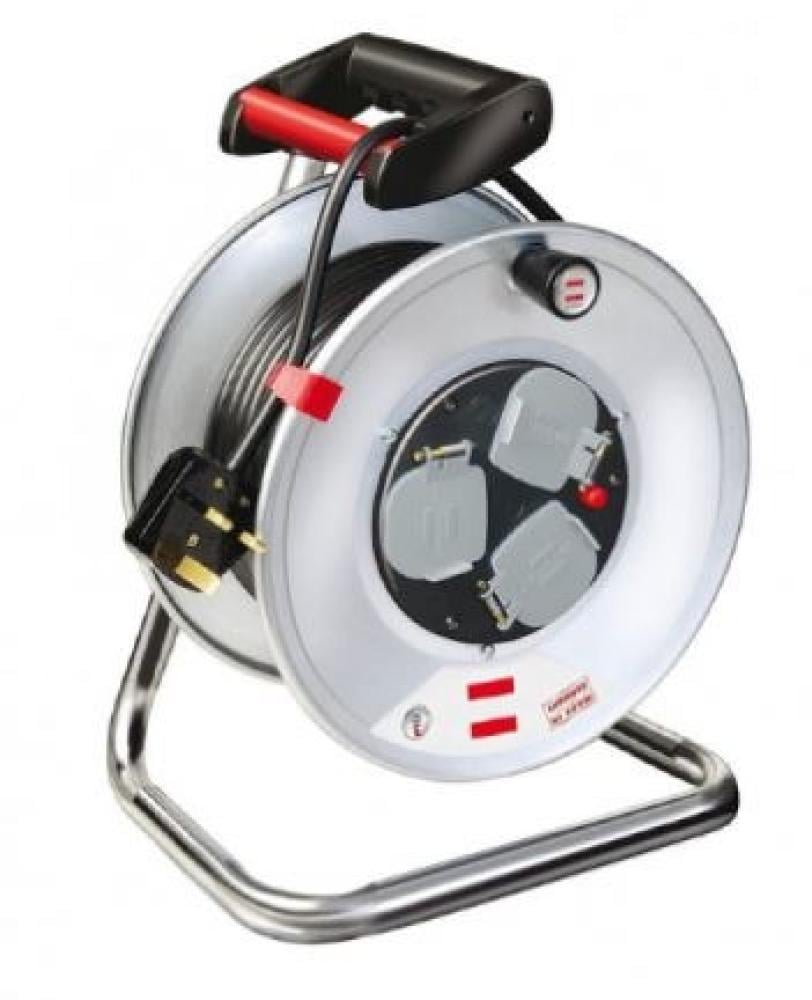In our modern, electricity-dependent world, wires, switches and electrical appliances are an integral part of our daily lives.
However, this convenience can come at a high price if not managed carefully. Electricity, which makes our daily lives more convenient and easy, carries serious dangers and can be fatal if not handled with care. Did you know that thousands of home fires are caused by electrical problems?
In this article, we will learn together about the dangers of electricity that may be hidden in our homes, and we will also provide you with the most important practical and effective tips to avoid these dangers and ensure a safe and healthy environment.
Avoid electrical hazards
Electrical hazards are one of the most prominent threats that can be faced in the home. These hazards are usually a major cause of many injuries and fires, so it is necessary to take the necessary measures and follow electrical safety tips to avoid the dangers:
- First: Check the electrical wires regularly:
Damaged or old wiring can cause electrical short circuits, which increases the risk of fires, so it is best to call a certified electrician to check the electrical system and ensure its safety periodically.
- Second, avoid overloading electrical outlets with too many devices:
Using multiple connections in one socket can cause electrical overload, causing overheating and potential fire hazards, so it is advisable to use a socket for each electrical appliance or use high-quality electrical distributors with approved safety specifications.
- Third: Connect the devices correctly:
Avoid connecting electrical appliances to long or tangled cords, and avoid using electrical appliances in wet areas, as water and electricity are a dangerous combination that can lead to electric shock. If you must use an electrical appliance in a wet area, make sure it is waterproof and designed for use in such conditions. Use electrical outlets that have ground fault circuit breakers (GFCI) in wet areas such as bathrooms and kitchens.
- Fourth: Educating all family members about the dangers of electricity:
It is necessary to hold simple awareness sessions for children on how to handle electrical appliances in a safe manner, and train them on how to act in the event of an electrical emergency.
By applying these tips and paying attention to the small details, you can avoid electrical hazards in the home and create a safe and healthy environment for everyone.
Electrical hazards in the home
Electricity is an important source of energy in our daily lives, but it can become a source of danger if not handled carefully. The dangers of electricity include damage to electrical appliances due to high voltage or electrical short circuits, which can cause devastating fires in the home. In addition, electrical short circuits can lead to serious physical injuries such as electrical shocks, which can be fatal in some cases.
Improper electrical installations, neglect of periodic electrical maintenance, use of damaged or poor electrical appliances, and exceeding the maximum power that electrical circuits can handle are among the most important causes of these dangers that must be avoided. Therefore, it is necessary to adhere to periodic maintenance, in addition to the correct use of electrical appliances, and disconnecting unused electrical appliances such as air conditioners and ovens from power sources when they are not in use to reduce these risks.
Causes of electrical short circuit in the house
The most important causes of electrical short circuits, which are one of the main causes of electrical hazards, are the following:
- Damaged or old wires: Electrical wires become worn or damaged over time, increasing the possibility of an electrical short.
- Excessive use of electrical appliances: Operating multiple appliances at the same time can cause an overload on the electrical circuit, leading to overheating and short circuits.
- Moisture and water leaks: The presence of water near electrical components is one of the most common causes of electrical short circuits.
4. Unprofessional electrical work: Installing or repairing electrical wiring by unqualified persons increases electrical hazards in the home.
By understanding the dangers of electricity and taking appropriate preventive measures, we can enhance personal and home safety, and create a safe and healthy environment for everyone.
How to act in case of an electrical short circuit?
It is essential to know what to do in the event of an electrical short circuit, so here are some steps to follow to avoid fire or serious electrical shocks:
- Disconnect the power: The first action to take is to disconnect the power from the main source immediately, by disconnecting the main breaker in the electrical control panel.
- Call a qualified electrician: Do not attempt to repair the fault yourself if you are not qualified to do so. Immediately call a qualified electrician to assess the situation and make the necessary repairs safely.
- Do not touch metal surfaces: Avoid touching any metal surfaces or electrical devices that may be connected to an electrical source, as this may result in electric shock.
- Use insulating tools: If it is necessary to handle electrical wires or devices, electrically insulating tools such as insulating gloves and shoes must be used.
- Evacuate the area: Make sure people and pets are kept away from the hazard area until the risk of electric shock has been eliminated.
By adopting these measures, a safe and healthy home environment can be achieved, and electrical hazards can be greatly reduced.
How to choose the right electrical outlets for your home safety?
To choose the right electrical outlets for your home, you can follow these simple tips:
- Electrical Standards: Ensure that the sockets comply with local and international electrical standards, such as the Saudi SASO standards, to ensure safety and quality.
- Quality and Durability: Choose high-quality and durable plugs that can withstand daily use and various electrical stresses.
- Design and Appearance: Choose a design that matches your home decor and provides ease of installation and use.
- Safety and Protection: It is preferable to use outlets with protection devices such as GFCI and fire-protected outlets to reduce the risk of electrical shock and fire.
- Energy Efficiency: Choose plugs with high energy efficiency to conserve energy consumption and reduce your electricity bill.
- Child Safety: Make sure that the outlets are designed to protect children from the risk of exposure to electricity, such as covers that protect against finger insertion.
- Appliance Compatibility: Make sure the number of outlets is sufficient for the electrical needs of each room without overloading the power connections.
By choosing the right electrical outlets, you reduce electrical hazards, ensure the safety of your home, and provide a safe and comfortable environment for you and your family.
In conclusion, you can avoid electrical hazards by following safety tips on using electrical appliances properly, adhering to periodic maintenance of wires, and being careful not to overload electrical outlets.
At Diamond Corner, we provide you with the best quality electrical connections and tools, to ensure you always have a safe environment. Browse our store now and enjoy the best prices.

